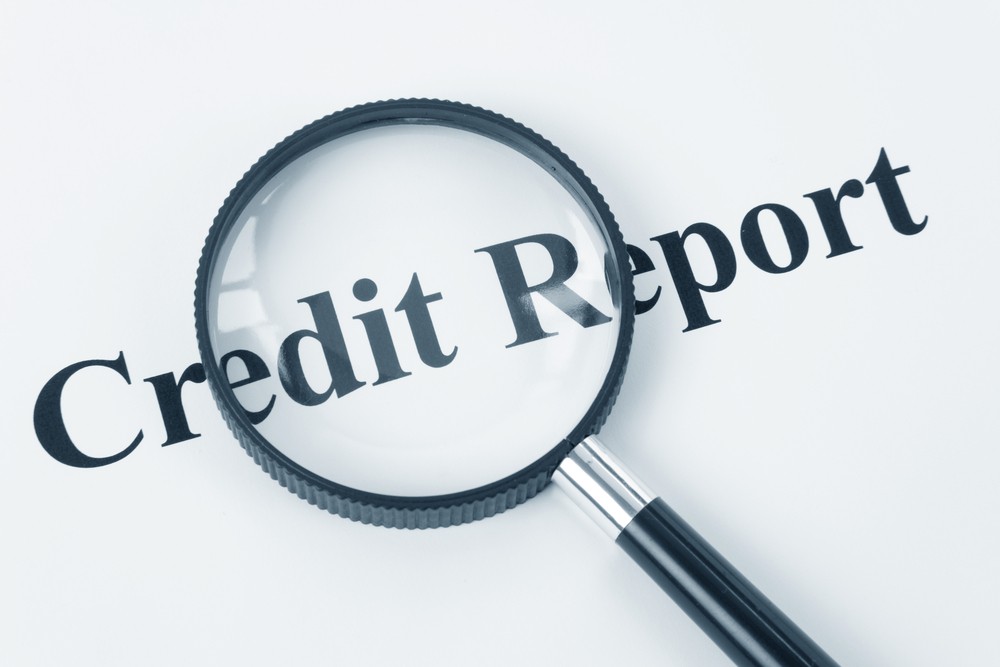When facing a financial need, individuals often encounter two loan options: personal loans and flexi loans. Both offer financial assistance, but each comes with distinct features and caters to different financial situations. Understanding the key differences between these two loan products is crucial for making an informed borrowing decision.
Personal Loans:
- Loan Structure: A personal loan is a fixed-sum loan disbursed in a lump sum upfront. You repay the loan amount, along with interest, in fixed monthly installments over a predetermined period (typically 1-5 years).
- Interest Rates: Personal loan interest rates are typically fixed, meaning they remain constant throughout the loan term. This predictability allows for easy budgeting, as your monthly payment amount remains the same.
- Eligibility: Eligibility criteria for personal loans can vary depending on the lender, but generally include factors like credit score, income, and employment history. A good credit score can secure a lower interest rate.
- Suitable for: Personal loans are ideal for various needs requiring a one-time lump sum, such as:
- Debt consolidation: Combining multiple debts into a single loan can simplify management and potentially lower overall interest costs.
- Home improvement projects: Financing renovations or repairs with a personal loan can offer more flexibility and convenience compared to credit cards.
- Major purchases: Funding significant one-time purchases like appliances, medical bills, or educational expenses.
Flexi Loans:
- Loan Structure: A flexi loan is a revolving line of credit with a pre-approved credit limit. You can withdraw funds as needed, up to the limit, and only pay interest on the amount utilized. Repayment is flexible, allowing you to make minimum payments towards the principal amount along with the interest on the utilized amount.
- Interest Rates: Flexi loans typically have higher interest rates compared to personal loans, but you only pay interest on the utilized amount, potentially leading to lower overall interest costs if you don’t utilize the entire credit limit.
- Eligibility: Similar to personal loans, eligibility for flexi loans depends on the lender’s criteria, often including credit score, income, and employment history. However, some lenders might offer flexi loans with slightly relaxed eligibility requirements compared to traditional personal loans.
- Suitable for: Flexi loans are ideal for situations requiring ongoing or unpredictable financial needs, such as:
- Emergency expenses: Having a readily available line of credit can provide financial safety nets for unexpected events like medical emergencies or car repairs.
- Home improvement projects: Flexi loans offer flexibility to withdraw funds as needed throughout the project duration, providing greater control over spending.
- Business expenses: Freelancers or small businesses can benefit from the flexibility of a flexi loan to manage fluctuating operational or inventory costs.
Choosing Between Personal Loans and Flexi Loans
Consider the following factors to make the most suitable choice for your needs
- Loan purpose:
- Personal loan: Ideal for one-time, well-defined needs like debt consolidation, home improvement projects, or major purchases where you need the entire amount upfront.
- Flexi loan: Suitable for ongoing or unforeseen expenses, situations where the exact amount needed is uncertain, or scenarios requiring frequent access to funds.
- Repayment flexibility:
- Personal loan: Offers a fixed monthly payment schedule, making budgeting and planning easier.
- Flexi loan: Provides greater flexibility to manage repayments, allowing you to pay only the interest initially, but be cautious of extending the repayment period significantly.
- Interest costs:
- Personal loan: Fixed interest rate offers predictability and potentially lower overall interest costs if you repay the loan quickly.
- Flexi loan: Variable interest rate can be beneficial if you utilize the loan for a short period and repay diligently. However, long-term usage with minimum payments can lead to higher interest costs than a personal loan.
Additional factors to consider
- Processing time: Flexi loans often have faster processing times compared to personal loans.
- Credit score requirements: Both loan types typically require good credit scores for approval, but flexi loans might have stricter requirements in some cases.
- Fees: Compare any associated fees like processing fees, prepayment penalties, and annual charges for both loan options.
Remember:
- There is no “one size fits all” answer. The best choice depends on your specific needs, financial situation, and risk tolerance.
- Carefully assess your financial situation and borrowing habits before committing to any loan.
- Always compare loan terms, interest rates, and fees from multiple lenders before making a decision.
- If managing debt or finances is challenging, consider seeking professional guidance from a financial advisor or credit counselor.
By understanding the key differences, advantages, and limitations of personal loans and flexi loans, you can make an informed decision and select the option that best suits your unique financial needs and goals.


















